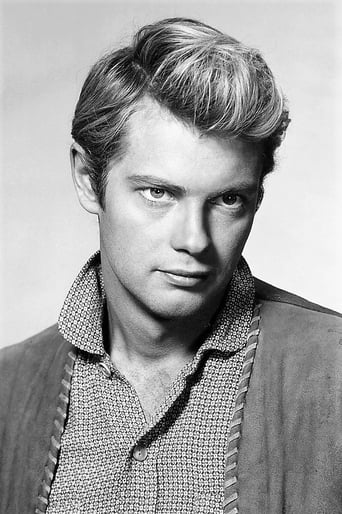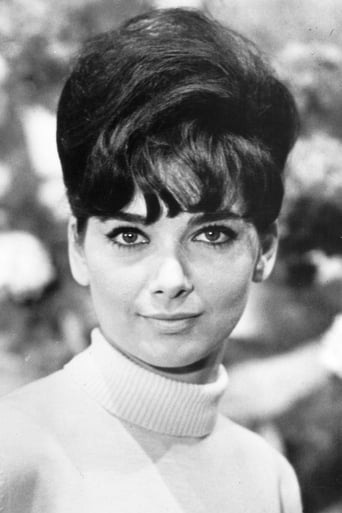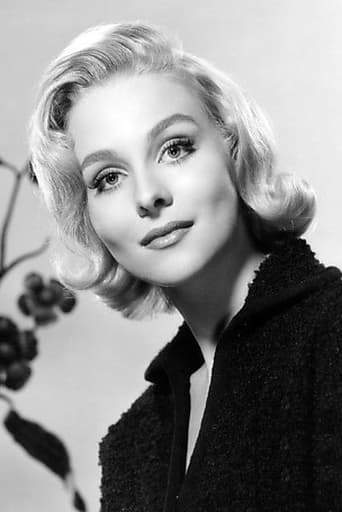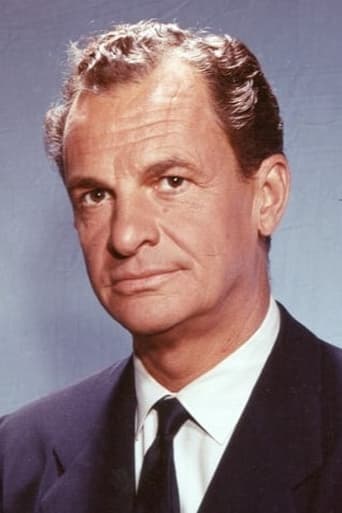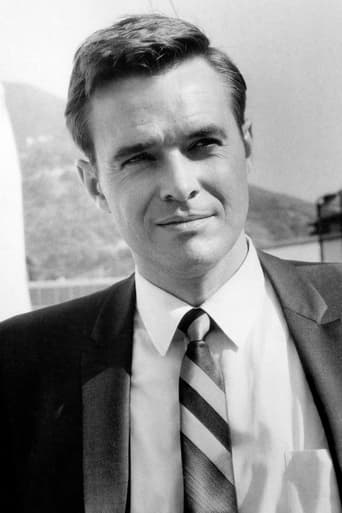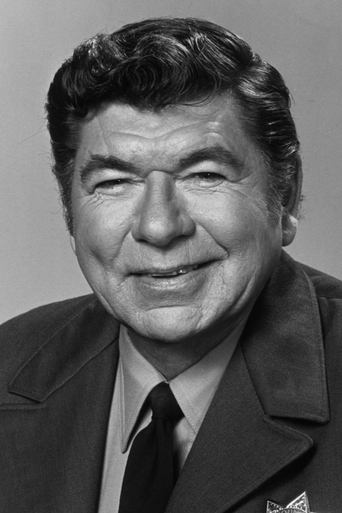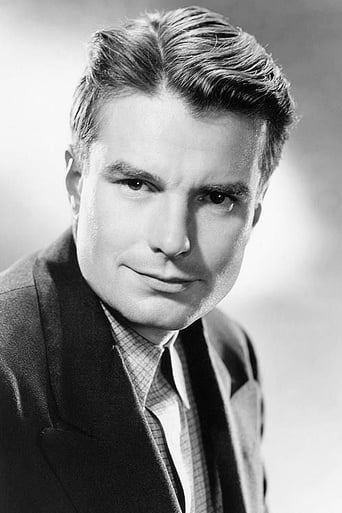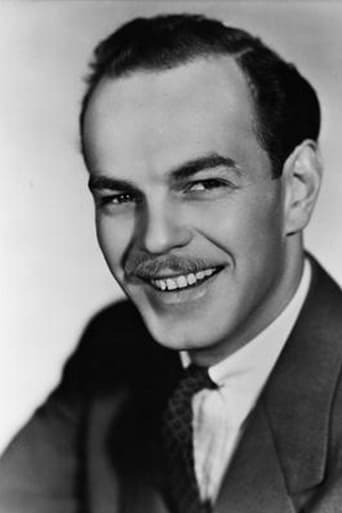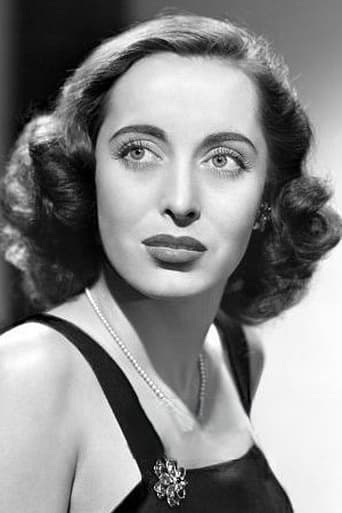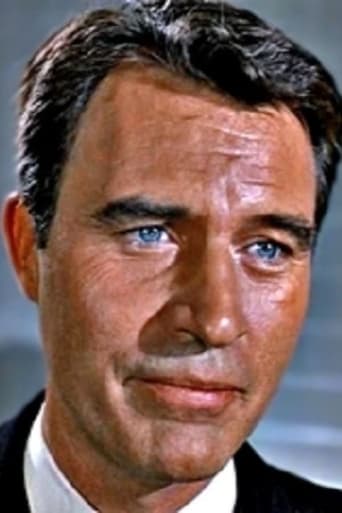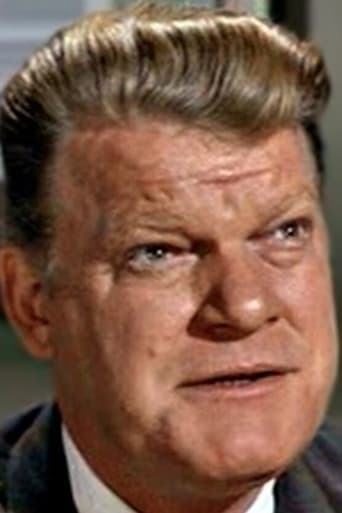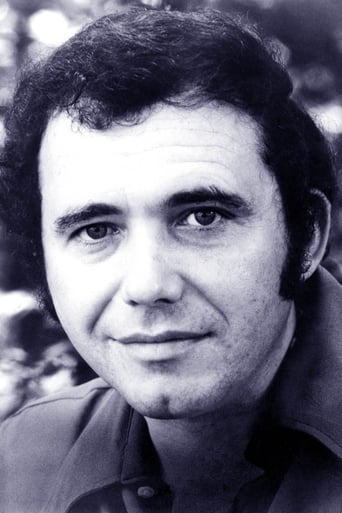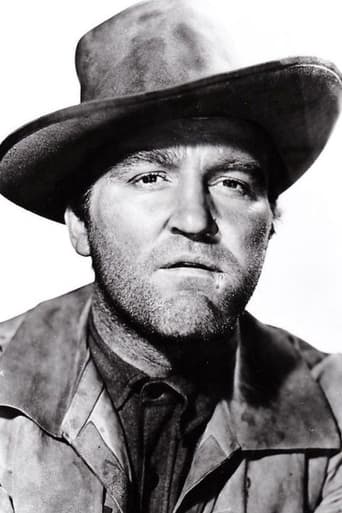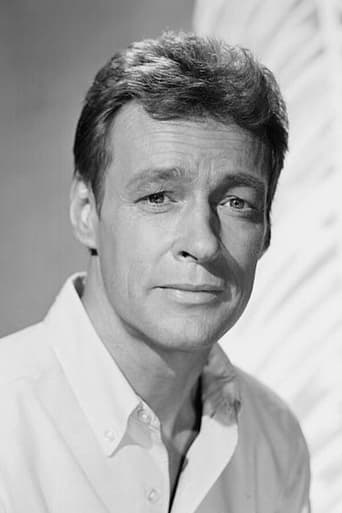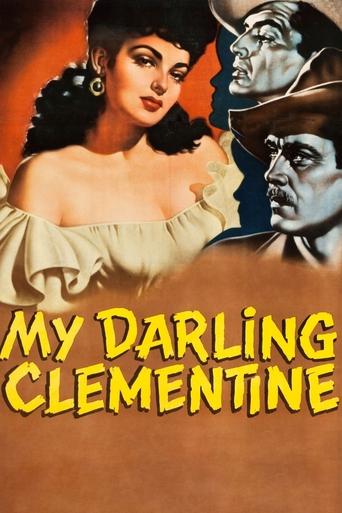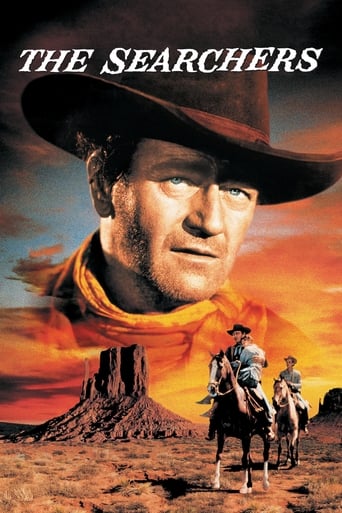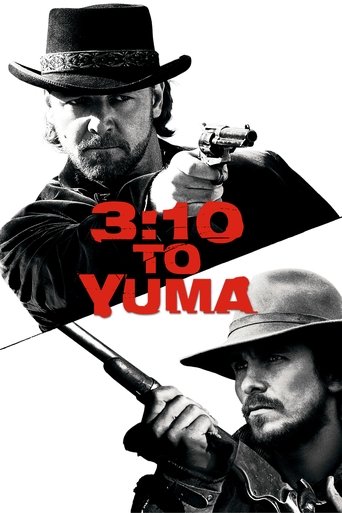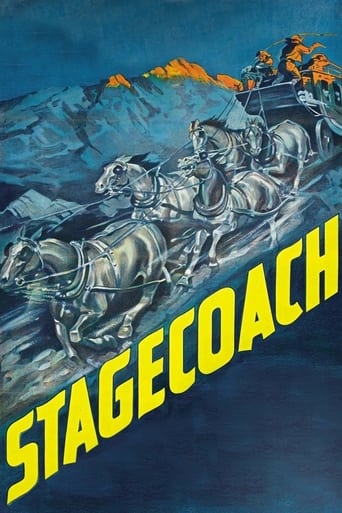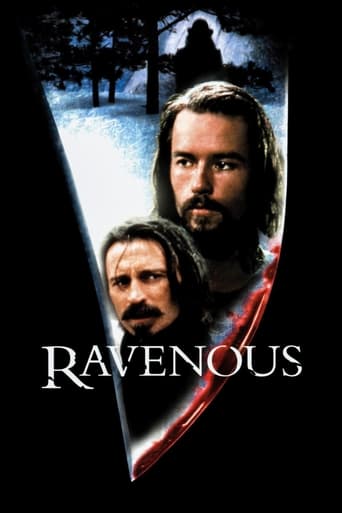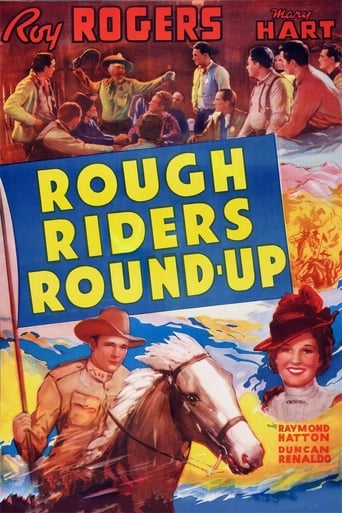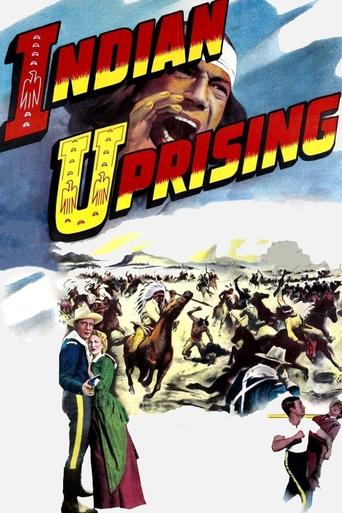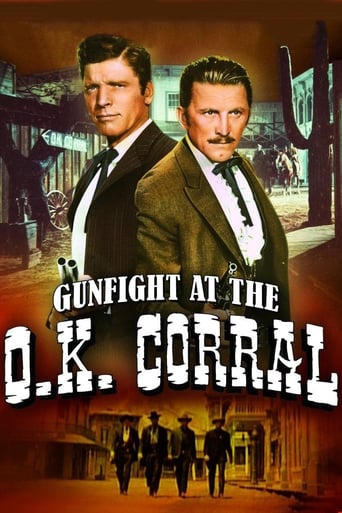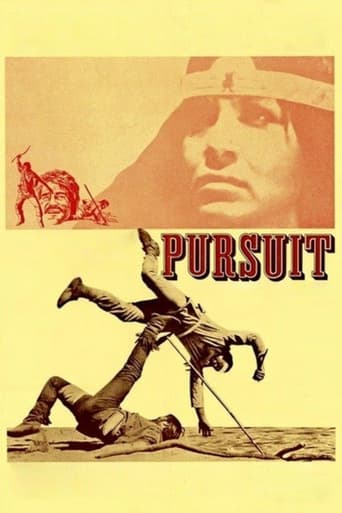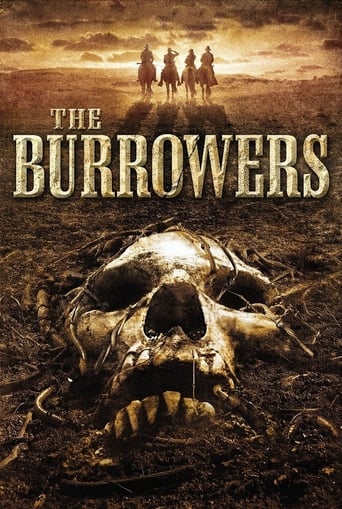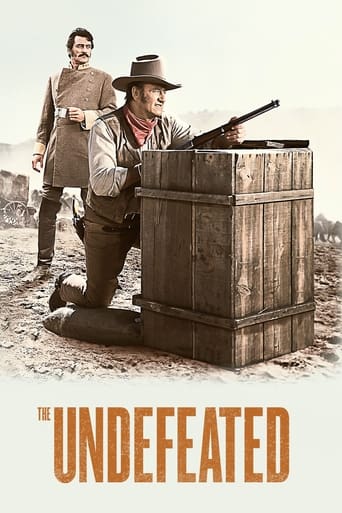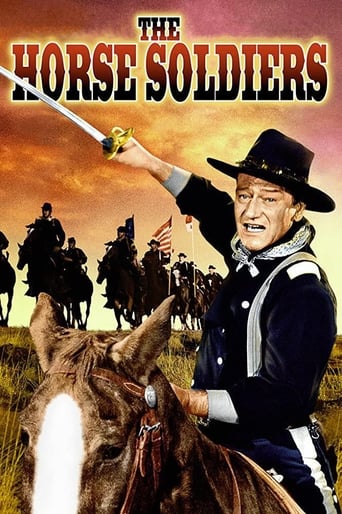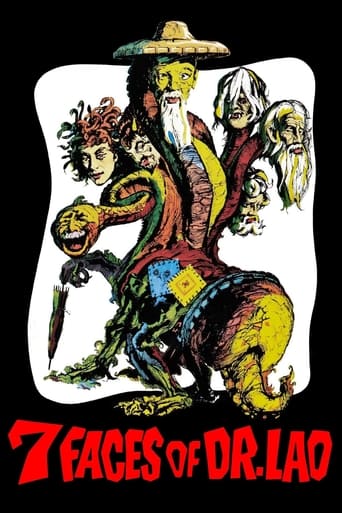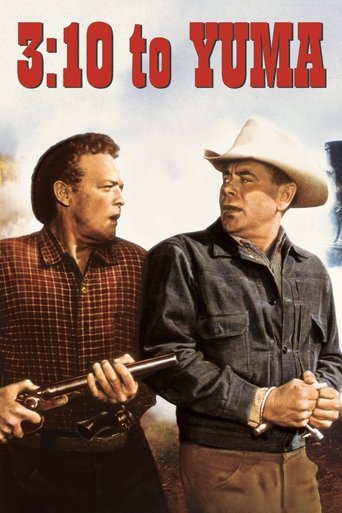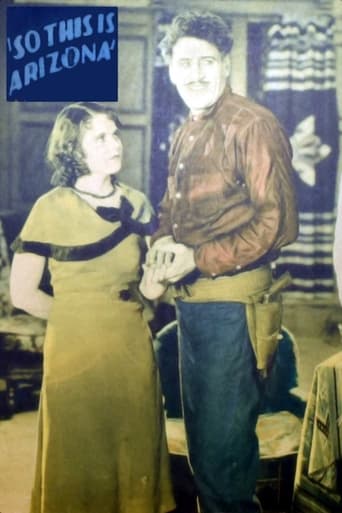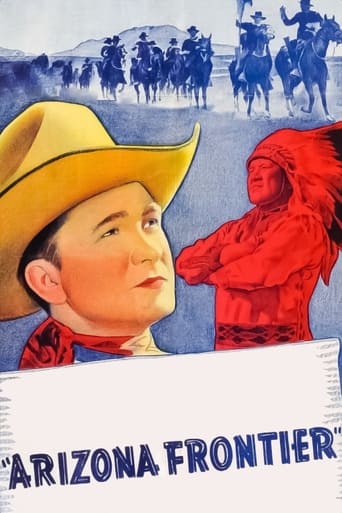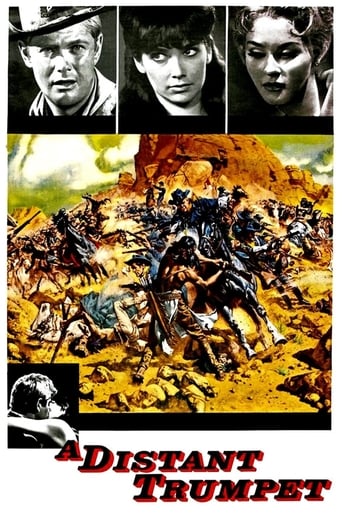
A Distant Trumpet (1964)
In 1883, US Cavalry lieutenant Matthew Hazard, newly graduated from West Point, is assigned to isolated Fort Delivery on the Mexican border of Arizona, where he meets commanding officer Teddy Mainwarring's wife Kitty, whom he later rescues from an Indian attack.
- Raoul Walsh
- Richard Fielder
- John Twist
- Paul Horgan
Rating: 5.2/10 by 23 users
Alternative Title:
Far west (1964) - IT
Country:
United States of America
Language:
English
Runtime: 01 hour 57 minutes
Budget: $0
Revenue: $0
Plot Keyword: fort, arizona, cavalry
War Eagle-Probably the greatest guerrilla fighter in the world today. A Distant Trumpet is directed by Raoul Walsh and written by John Twist with the adaptation from Paul Horgan's novel by Richard Fielder & Albert Beich. It stars Troy Donahue, Suzanne Pleshette, William Reynolds, Diane McBain, Claude Akins & James Gregory. Max Steiner provides the musical score and William H. Clothier is the cinematographer. 1883, Fort Delivery, Arizona, and newly posted Lieutenant Matthew Hazard (Donahue) is about to be thrust into two wars. One is of the heart, the other pits him against the last pocket of Indian resistance: the Chiricahua's, led by the mighty War Eagle. A blunderbuss "A" class production from Warner Bros that feels like a "B" class Oater from the 50s, A Distant Trumpet has much to recommend to the Western fan. Driven by a rousing cavalry themed score by Steiner, and beautifully photographed by Clothier around Red Rocks (New Mexico) & Painted Desert (Arizona) in Panavision/Technicolor, it's a film that carries a message and pays respect to the topic to hand. Without doubt the makers are keen to mark it out first and foremost as an adrenaline fuelled Cavalry Vs Indians based picture, with Walsh grandly staging the action sequence with skill (100s of extras/stunt men, no CGI here), but although the script could have done with some more work as regards the characterisations, the screenplay does make rich on the promise of adult themes. While the decision to let the Indian characters speak their own language is also a major bonus. Where it falls down is three fold. Firstly is the problem of asking the average Donahue to carry the film, he may be easy on the eye to those so inclined, but his one note, expressionless, performance is often a distraction to the many splendours around him. Secondly is that the twin lovelies of McBain & Pleshette are underwritten and underused respectively, which in a film that's nearly two hours long (too long and that's the third point) is an act of stupidity. Some would argue that the love triangle sub-plot is an uneasy fit on context to the "war" at the film's core, but it does have value in regards to showing the point of view of the ladies marrying into the army way of life. Yes it should have been formed better, particularly from McBain's (yellow hair, yellow dress and vanilla ice cream skin) character's angle , but it does exist in the narrative and it's good to see. It's far from the great swansong that Raoul Walsh deserved, but its pluses far outweigh the negatives. Be it battle orchestration (cliff top attack rules!), observing the thorn between two roses dynamic or just that it affords respect to the Indians, it's a film easily recommended to the genre fan. Besides which, Steiner and Clothier make it essential viewing. 7/10

